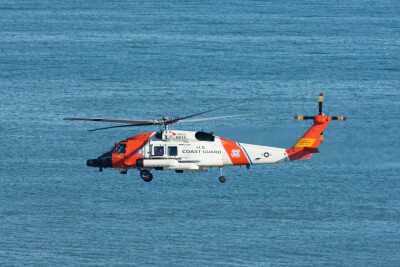With no end in sight to containing a spill that may have dumped 150,000 gallons of fuel oil into Galveston Bay on Saturday, the hit to Texas’ economy and environment is already huge — and sure to grow.
The 50-mile Houston Ship Channel, one of the world’s biggest waterways for the transport of petroleum products, chemicals and other materials, remains shut down. Cruise ships can’t depart from key ports. Galveston Bay’s multibillion-dollar recreational and commercial fishing industry is off limits during a peak tourist season. And the scores of vulnerable species in Galveston Bay, most notably birds that are soon to begin their northward migration along the upper Texas coast, are at grave risk.
The type of oil that spilled — a marine fuel oil known as RMG 380 — is black, sticky and particularly heavy. That means that instead of evaporating from the surface of the water like gasoline would, much of it will sink, persisting in the environment for months or even years. While this heavier oil is not acutely toxic, it can smother wildlife, to devastating effect.
“Fuel oil is not easy to clean off anything,” said Jim Suydam, a spokesman for the General Land Office, the state agency that is leading the response and cleanup efforts in conjunction with the U.S. Coast Guard. “It sticks to things.”
Read the full story at Texas Tribune>>






